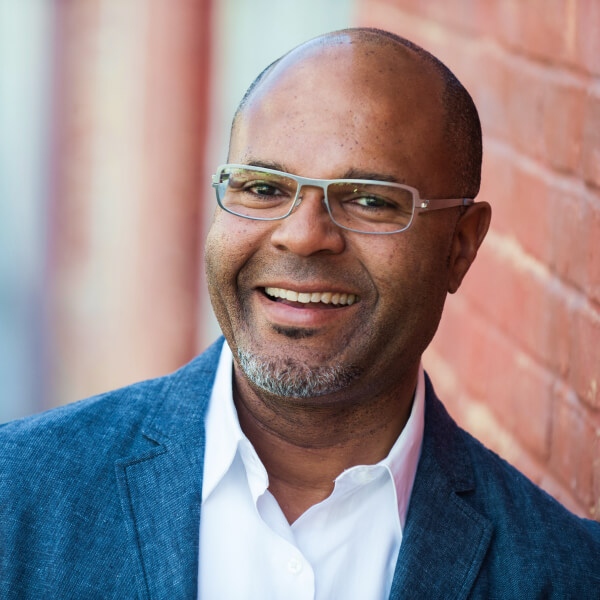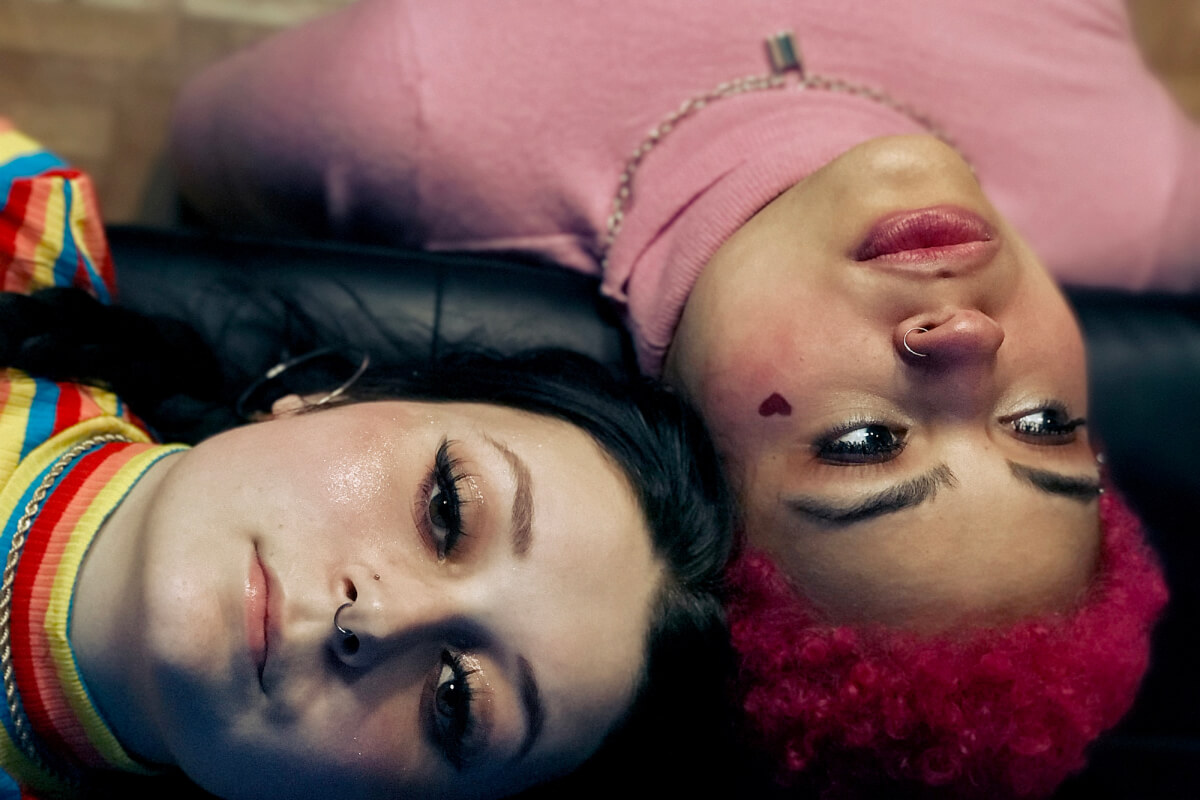Buenos Aires. Six weeks. Private Spanish lessons. Tango. Empanadas. Iguazu Falls: all the trappings of an exotic travel adventure. Which it was, but my time in Argentina was much more than just a vacation. Which, as we now know, is extremely important for us. This sojourn was intentional, thoughtfully planned and carefully curated.
After a stressful period at work, I needed a break and wanted an experience that would bring me back to zero, push a major pause button on my busy life, and create space for me to both rejuvenate and reflect on the purpose of my work and life. And I needed to do this alone, to have the experience of figuring things out on my own, getting lost, getting bored and finding myself again.
In Argentina, the activities I planned created a good foundation from which to explore, and the unexpected opportunities for improvisation and learning I could have never anticipated. At the end of six weeks, I was refreshed with a greater purpose. Rather than “time off,” what I had created for myself was a ritual called a sabbatical. Sabbath is the root of the word sabbatical. It has a number of meanings according to Wayne Muller’s book – “a day of rest, a tranquil and healing stillness, a moment when creation renews itself, when we open our hearts to the possibility of new beginnings.” This was exactly what I experienced in Argentina.
When I returned home to San Francisco, I wondered how I could hold onto this experience of sabbatical locally and in my everyday. I couldn’t wait another 5 or 7 years for a trip like this, and figured there must be a way to recreate the essence of my sabbatical time at home. Experimenting with a number of practices, I found these ones to be most valuable:
Disconnect
Technology and social media are wonderful tools of our age, but they also make us continuously available and constantly “on.” For me, this creates a constant state of distraction and inability to concentrate on one thing for a meaningful length of time. Research has shown that even having your mobile device within eyesight is a distraction.
One day I accidentally left my mobile phone at home. While at first I panicked, I quickly realized that this was a good thing. I was able to breeze through my day with greater focus and more energy. Now every now and again, I intentionally leave my phone behind and relish in the freedom. Taking tech breaks allows for greater attention to the tasks and people that matter to you.
Make Time for Reflection
I have always kept a journal, and find that time taken to capture what I am noticing and feeling is grounding. In Argentina, my reflections included drawing, which was a great right-brained way to capture experiences. Take a few minutes each day or week to reflect – in writing or sharing with a friend. Even science will tell you so.
Try Something New
I am a big advocate for learning and experimentation. Taking the risk to try something new often rewards you with expanded perspective on yourself and the world. It ignites your curiosity and opens you up to new connections, insights or discoveries. Einstein termed this “combinatory play” and he found it to be the secret to productive thought.
Change Your Routine
Routines help us organize ourselves and get things done. However, our routines can also become so routine that we numb out. Intentionally changing things up can create a small space to broaden your view and notice more.
In the massive city of Buenos Aires I was often lost, sometimes intentionally. Every day I wandered the city, traversing as many different routes as I could and discovered parts of the city I might not otherwise have seen. And in being lost, my curiosity was fully engaged.
Make New Connections
In her TED talk and just published book, Kio Stark describes her research talking to strangers. She’s found many benefits to these chance and sometimes fleeting moments that change the expected narrative of social interactions. “Talking to strangers wakes you up,” she says.
One of my delights in Argentina was meeting new people. Stepping out of my comfort zone and engaging with strangers was both challenging and thrilling. Additionally, I discovered new things about myself. Now, I try to be open to new connections and often find myself in the most interesting conversations.
Self-care
The decision to take a sabbatical is in and of itself an act of self-care, so I can return to work energized and as innovative as ever. Even so, I need to regularly remind myself to take time for this. While it can feel indulgent, it ensures I return to the same calm that I experienced on sabbatical.
Sabbaticals are becoming more common in today’s business world. For years, academia has leveraged this concept, offering faculty a release from their regular teaching schedule to engage in research, writing or professional development. Many corporations have also taken on the practice offering employees paid leave of up to four weeks at tenure milestones of five years or so.
Conclusion
Take advantage of one of these generous programs if you can! And if you don’t, create your own mini-sabbatical experience at home through a daily or weekly mindfulness practice, exercise, hikes or even playing music.
The bottom line is, you need to rest well and often to continue to live a full and productive life. Burnout is a very real issue today in our culture of always being on the go. An everyday sabbatical, even if for 5 minutes, can help check yourself before you wreck yourself… truly.











